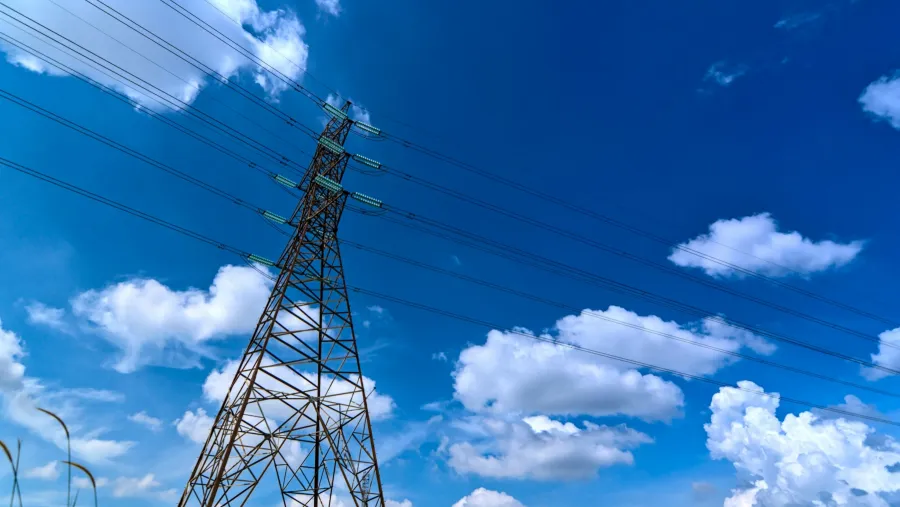
Renova's 215 MW storage battery projects win bids in decarbonisation auction
This involves three projects that are in development.
Renova’s three storage battery projects with a total installed capacity of 215 megawatts (MW) secured bids in the auction for a Long-term Decarbonisation Power Source.
In a statement, Renova said the auction, which was first launched in 2023, aims to encourage new investment in decarbonisation power sources by giving “predictability to long-term income.
The three Renova projects that are under development are located in Tomakomai with a 90 MW capacity, Shiraoi with 50 MW, and Morimachi Mutsumi with 75 MW.
ALSO READ: Basic Energy and RENOVA collaborate on 50 MW Mabini Wind Power Project
“Through these projects, Renova will adjust the supply of renewable energy power, the amount of which changes depending on weather and hour bands, to help make renewable power a major power source,” Renova said.
“It will thereby contribute to stabilizing power grids and increasing renewable energy power,” it added.
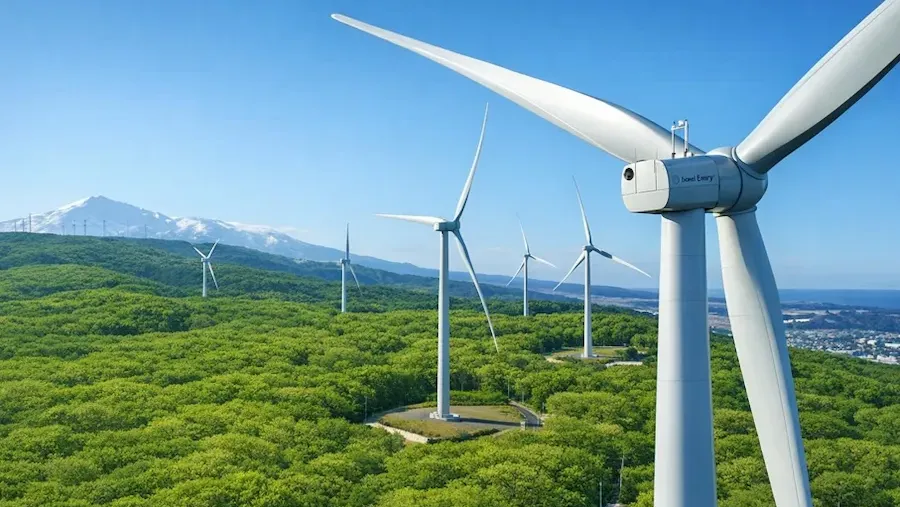
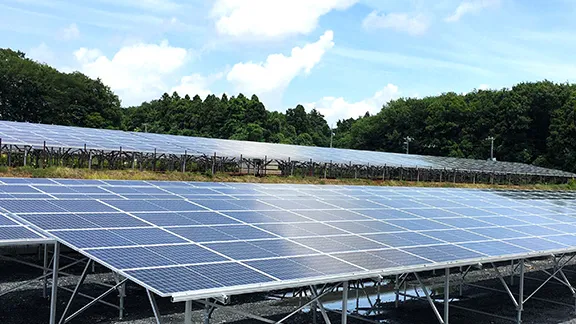
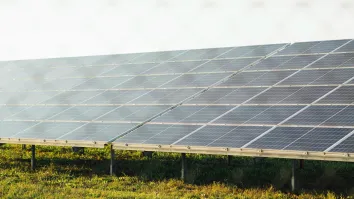
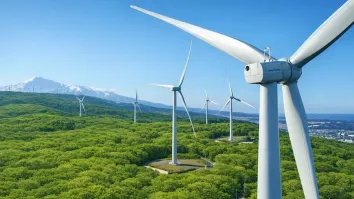

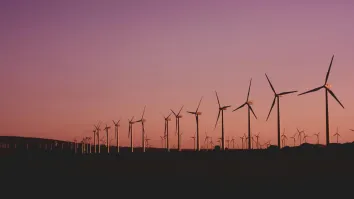













 Advertise
Advertise









